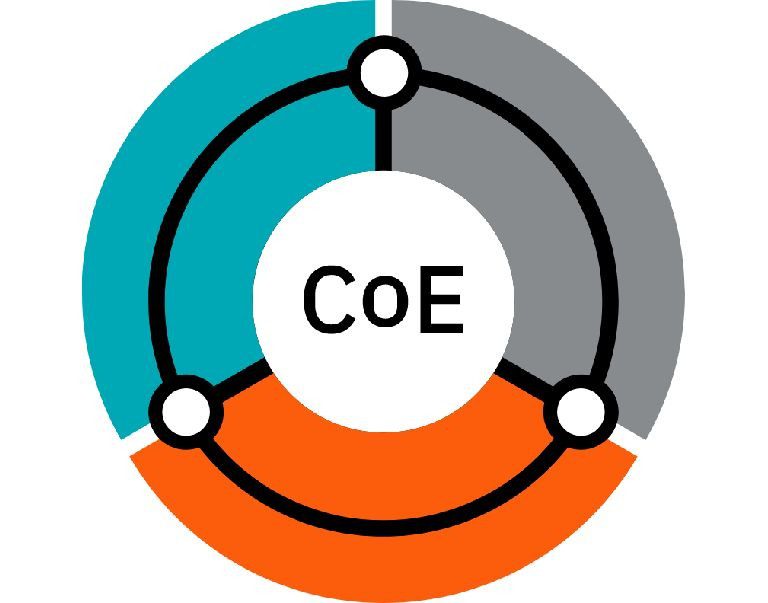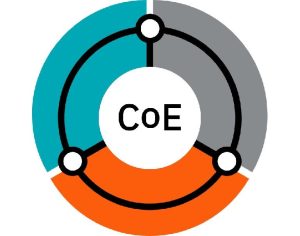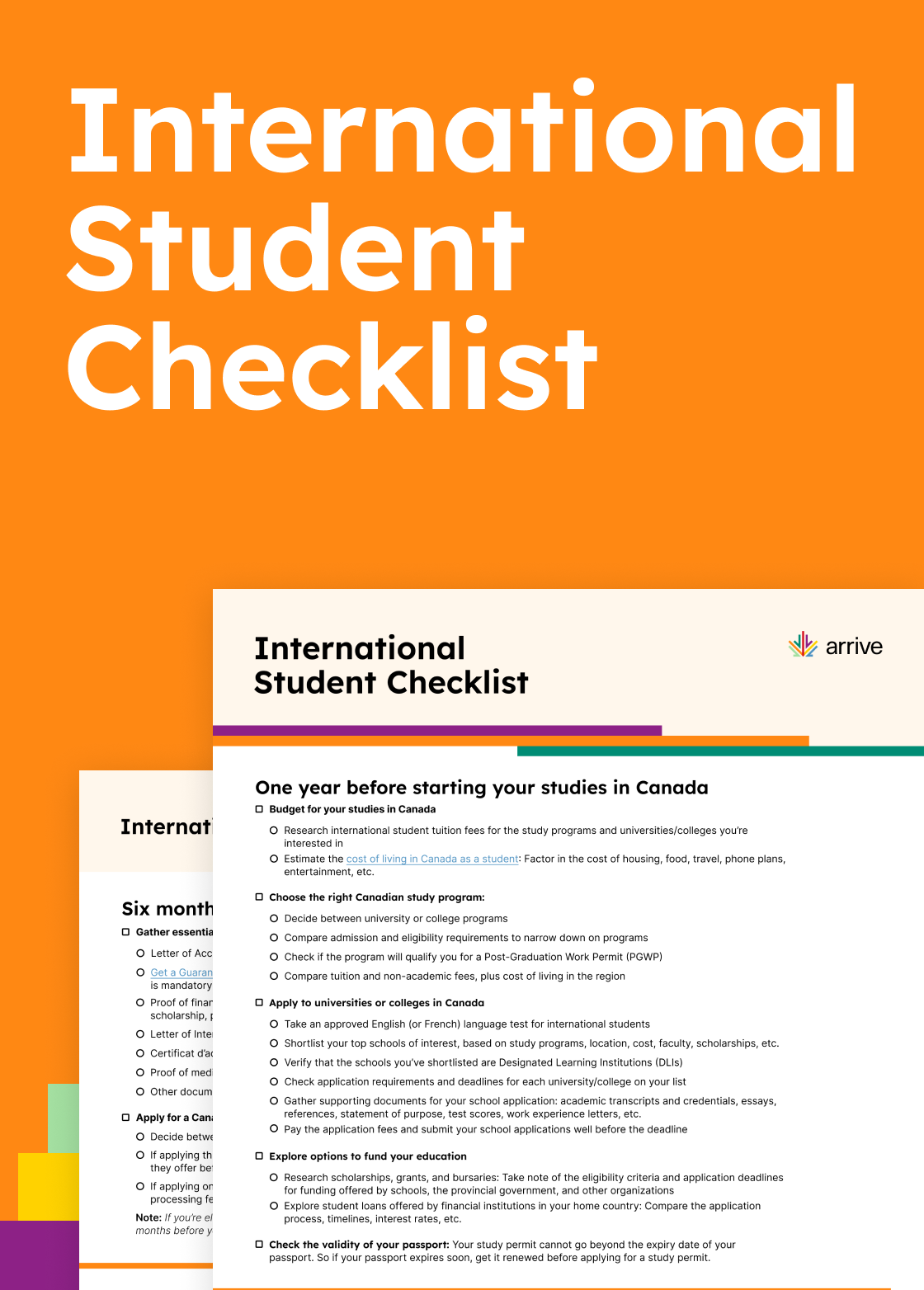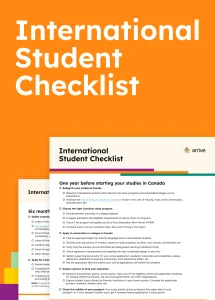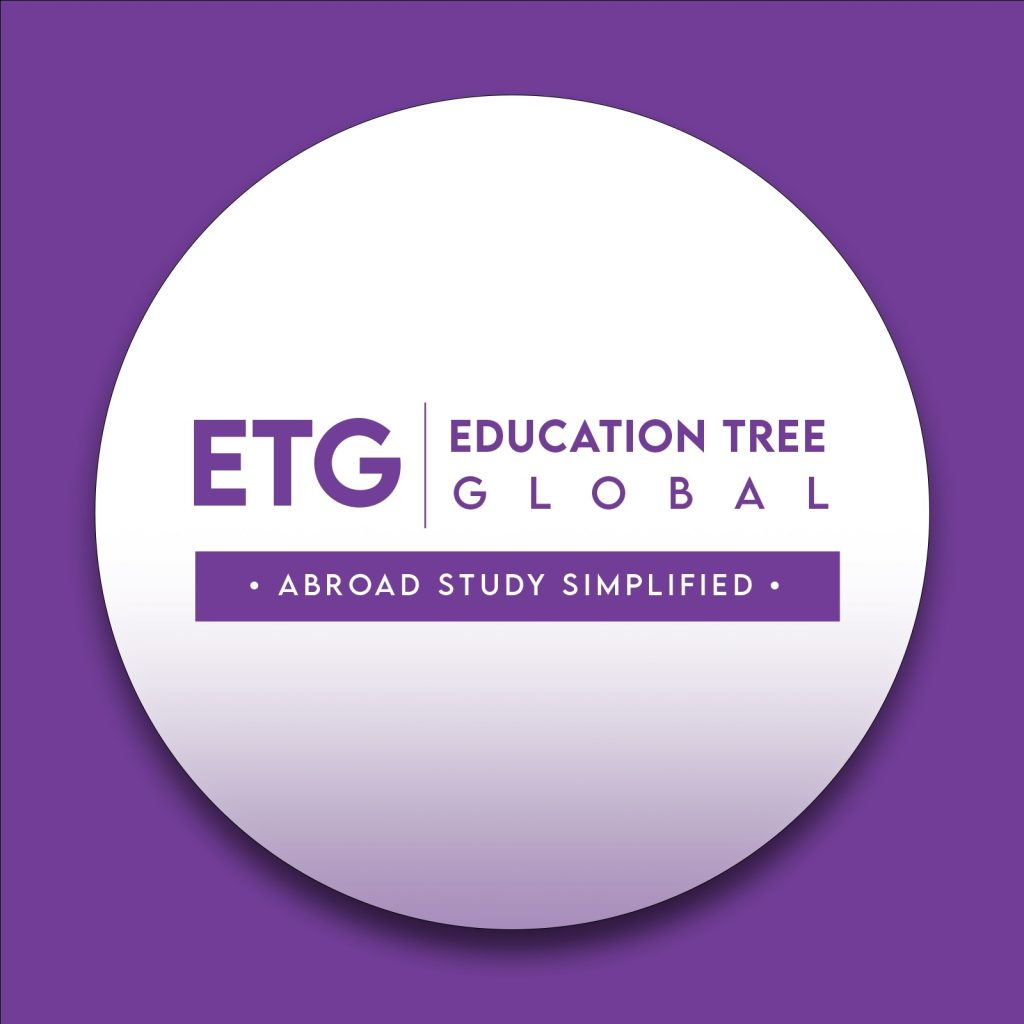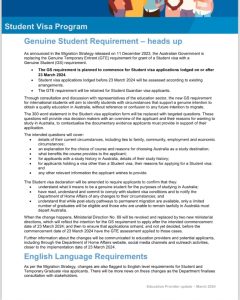ETG Admission Week 2024: Study Opportunities in Australia, UK, Canada, EU, USA, NZ
Intro: ETG Admission Week 2024
ETG Admission Week 2024: Are you ready to take your education to the next level? Look no further than ETG Admission Week 2024! This exciting event offers students the chance to explore study opportunities in Australia, UK, Canada, EU, USA, and New Zealand. Education Tree Global (ETG) is bringing together top universities and colleges from around the world to provide information and guidance to students looking to further their education on an international level.
Also visit:-

Introduction to ETG Admission Week 2024
ETG Admission Week 2024 stands as a premier gathering, offering a bridge for ambitious students to engage directly with higher education institutions from across the globe. Throughout this event, participants will have the invaluable chance to interact with university and college representatives from some of the most sought-after destinations for study, including Australia, UK, Canada, the EU, the USA, and New Zealand. The agenda for the week is packed with interactive virtual seminars designed to enlighten students about the myriad academic avenues open to them.
Each session aims to equip attendees with a deeper understanding of the application nuances and program specifics. In addition to group seminars, the event also facilitates personalized one-on-one meetings with admissions officers, providing a tailored experience that addresses individual queries and concerns. This direct line of communication with institutions not only demystifies the application process but also unveils the breadth of academic and professional opportunities available.
By fostering an environment of direct engagement and information exchange, ETG Admission Week 2024 endeavors to pave the way for students to make well-informed decisions about their international educational journey.

Why Study in Australia? Exploring the Land Down Under
Australia’s education landscape is marked by its commitment to delivering exceptional academic experiences, nestled within some of the most breathtaking natural environments on the planet. This combination offers students not only a world-class education but also an unparalleled quality of life. The country boasts a wide array of universities that consistently rank high in global university rankings, highlighting their strong research output, innovative teaching methodologies, and comprehensive study programs. Furthermore, Australian institutions place a significant emphasis on student support services, ensuring that international students have all the resources they need to succeed both inside and outside the classroom.
The vibrant multicultural communities found in Australia’s cities provide a welcoming backdrop for students from all corners of the globe. These communities enrich the student experience, allowing for a deeper understanding and appreciation of different cultures. The country’s emphasis on innovation and research provides students with ample opportunities to work alongside leading academics and professionals in their field, often contributing to groundbreaking research projects and initiatives.
Outdoor enthusiasts and nature lovers will find Australia to be an ideal study destination, with its diverse ecosystems offering everything from pristine beaches to lush rainforests and the rugged outback. This natural diversity allows students to explore and engage in various recreational activities, contributing to a well-rounded and enriching student life.
With a robust education system, supportive academic environment, and a lifestyle that promotes balance and well-being, Australia stands out as a premier destination for students seeking an international education that offers more than just academic credentials.
Also visit:-
Opportunities in the UK: Prestige and Tradition
The United Kingdom stands as a beacon of academic excellence, home to institutions that have shaped minds and societies for centuries. Engaging in the UK’s education system means more than just attending university; it’s an immersion into a world where tradition meets innovation. The UK’s universities are not only among the oldest in the world but also consistently rank at the top of global academic charts. They are recognized for their rigorous academic standards, state-of-the-art research facilities, and a teaching philosophy that encourages critical thinking, creativity, and innovation.
Students who choose to study in the UK benefit from a rich tapestry of historical and cultural experiences that complement their academic journey. The UK’s diverse, cosmopolitan cities are centers of cultural heritage, offering international students a blend of historical landmarks, modern arts, and vibrant social scenes. This cultural immersion is further enriched by the UK’s global community of students, making it a hotbed for cross-cultural exchange and networking.
Academically, the UK’s education system is structured to support students in pursuing their passions while gaining skills that are highly valued by employers worldwide. From the arts and humanities to the sciences and engineering, the breadth of programs available allows for a tailored educational experience. Additionally, the UK places a strong emphasis on research, providing students with opportunities to engage in pioneering projects and work alongside leading experts in their fields.
For those drawn to an environment that celebrates centuries-old traditions while pushing the boundaries of knowledge and innovation, the UK offers a study destination that is both prestigious and transformative.

Discovering Canada’s Welcoming Education Environment
Canada’s reputation as a hospitable nation extends into its educational sector, creating an inviting atmosphere for international students. The country’s academic institutions are recognized globally for their high standards of education and research excellence. Students from around the world are drawn to Canada for its diverse range of study programs across various disciplines, including engineering, health sciences, humanities, and technology. The multicultural environment in Canadian cities and campuses fosters an inclusive setting where students can thrive culturally and academically.
One of the standout features of studying in Canada is the emphasis on work-life balance, allowing students to excel in their studies while enjoying a vibrant social life. Canadian universities also offer numerous opportunities for hands-on research and internships, connecting students with industry leaders and enhancing their employability post-graduation. Additionally, the natural landscapes—ranging from majestic mountains to serene lakes—provide a scenic backdrop for outdoor activities, contributing to students’ overall well-being.
The supportive community, combined with a commitment to academic excellence, makes Canada a compelling choice for those seeking a nurturing yet challenging environment for their international education journey.
Also visit:-
Studying in the European Union: A Multicultural Experience
The European Union (EU) offers an unparalleled multicultural educational journey, where students can immerse themselves in a rich tapestry of cultures, languages, and historical perspectives. The diverse academic landscape across EU countries like Germany, France, Spain, and Italy enables students to customize their learning experience, aligning it closely with their personal and professional aspirations. The EU is home to many world-renowned universities and institutions, recognized for their academic rigor, innovative research, and commitment to fostering international collaboration.
A distinctive feature of studying in the EU is the opportunity to become proficient in new languages through both formal education and everyday interactions. This linguistic proficiency, coupled with a deep cultural understanding, enhances students’ global employability and interpersonal skills. The Bologna Process, a hallmark of the EU’s education system, ensures compatibility and quality across higher education programs, making it easier for students to transfer credits and qualifications between countries within the Union.
The EU also offers a myriad of scholarship programs and funding opportunities designed to support international students. Programs like Erasmus+ not only provide financial assistance but also encourage cross-border education, research, and internships, enriching students’ academic and life experiences. This supportive ecosystem, combined with the continent’s rich cultural heritage and modern innovations, positions the European Union as a dynamic and enriching destination for students seeking a comprehensive international education.
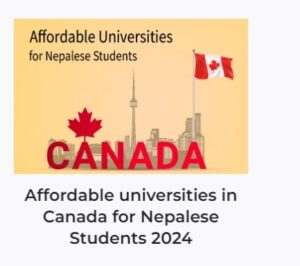
Pursuing the American Dream: Study in the USA
The allure of the United States as a study destination lies not just in its globally recognized institutions but in the breadth of educational and professional opportunities it presents. American universities are celebrated for fostering an environment of innovation, where students are encouraged to think critically and creatively. This approach to education, combined with unparalleled resources in terms of research facilities and academic staff, prepares students for leadership roles in their chosen fields.
The USA is a melting pot of cultures, offering a rich and diverse campus life that allows students from all over the world to blend in seamlessly. This diversity also extends to the academic programs offered, ensuring that regardless of one’s interests—from the liberal arts to STEM fields—there’s a place for every aspiring scholar.
Internationally, American degrees hold significant value, often seen as a passport to global career opportunities. The country’s education system is geared towards not just academic excellence but also practical, real-world skills. Many programs include internships, co-op opportunities, or practical training segments that allow students to gain hands-on experience in their field of study.
Moreover, the USA’s strong economy and presence of numerous multinational corporations provide a fertile ground for ambitious graduates seeking to enter the competitive global job market. This combination of academic rigor, practical experience, and networking opportunities makes studying in the USA a cornerstone for those aiming to achieve the American Dream.
Exploring New Zealand’s Innovative Education System
New Zealand distinguishes itself with an education system that emphasizes innovation, critical thinking, and hands-on learning experiences. Its universities are renowned for adopting a forward-thinking approach to teaching and research, preparing students to face global challenges with confidence and creativity. This focus on innovation is complemented by small class sizes that ensure personalized attention and support from faculty, fostering a nurturing environment where students can thrive academically and personally.
The country’s commitment to sustainability and indigenous Maori culture integrates unique perspectives into the curriculum, offering students a holistic educational experience. By choosing New Zealand as their study destination, students not only gain access to high-quality education but also the opportunity to engage in groundbreaking research projects.
Additionally, New Zealand’s picturesque landscapes and outdoor recreational activities provide a stimulating backdrop for personal growth and exploration, enhancing the overall student experience. This combination of academic excellence, cultural enrichment, and natural beauty makes New Zealand an attractive option for students looking to study abroad in an innovative and supportive setting.
How to Prepare for ETG Admission Week 2024: Tips and Tricks
Embarking on the journey to ETG Admission Week 2024 necessitates strategic preparation to ensure you seize every opportunity available. First and foremost, compile a comprehensive list of participating institutions and pinpoint those that align with your academic interests and career aspirations.
This targeted approach will allow you to efficiently navigate the event. Next, familiarize yourself with the unique offerings and application requirements of each selected university or college by visiting their official websites and reviewing any available online brochures or informational packets. Crafting a list of thoughtful, specific questions for admissions representatives can significantly enhance your interactions, providing deeper insights into what each institution can offer.
Additionally, assembling all pertinent documentation well in advance is crucial. This includes transcripts, standardized test scores, letters of recommendation, and any required personal statements or essays. Having these documents readily accessible will enable you to swiftly respond to requests for information or application submissions.
Engage in preparatory sessions or workshops focused on interview skills, essay writing, and other relevant areas if they are available. These can provide valuable tips and bolster your confidence, ensuring you present yourself in the best possible light during one-on-one meetings or interviews.
By meticulously following these preparatory steps, you will position yourself to make the most of the unique educational opportunities presented during ETG Admission Week 2024, paving the way for a successful and fruitful participation.

Success Stories: Alumni from ETG Admission Week
The transformative impact of ETG Admission Week is best reflected through the achievements of its alumni. These individuals have traversed the globe, stepping into prestigious universities and making their mark in various professional sectors. Their stories serve as a testament to the event’s effectiveness in facilitating meaningful connections and opening doors to unparalleled educational and career opportunities.
One alum found themselves delving into cutting-edge research in renewable energy at a renowned university in Australia, subsequently leading to a pioneering role in the industry. Another alum shares a journey of cultural immersion and academic excellence in the heart of the EU, which culminated in a vibrant career in international diplomacy.
Yet another narrative includes transitioning from attending interactive sessions during the admission week to walking the halls of an Ivy League school, eventually embarking on a path to entrepreneurship with a tech startup. These success stories underscore the potent blend of ambition, preparation, and the right opportunities that ETG Admission Week offers, inspiring future participants to dream big and aim high.
Conclusion: ETG Admission Week 2024 for Studying Abroad in Australia
At ETG Admission week 2024, we provide following opportunities for studying in following countries at dates mentioned below:-
Australia: 21st April, 2024.
UK: 22nd April, 2024.
Canada: 23rd April, 2024.
EU: 24th April, 2024.
USA: 25th April, 2024.
New Zealand: 26th April, 2024.
For more details and registration for ETG Admission Week 2024, Apply here.
https://forms.gle/gg6LhTgUbPNYYH9j8
ETG Admission Week for Australia Education Tree Global: Always remember Education Tree Global to know about ETG Admission Week for Australia.

 Menu
Menu

